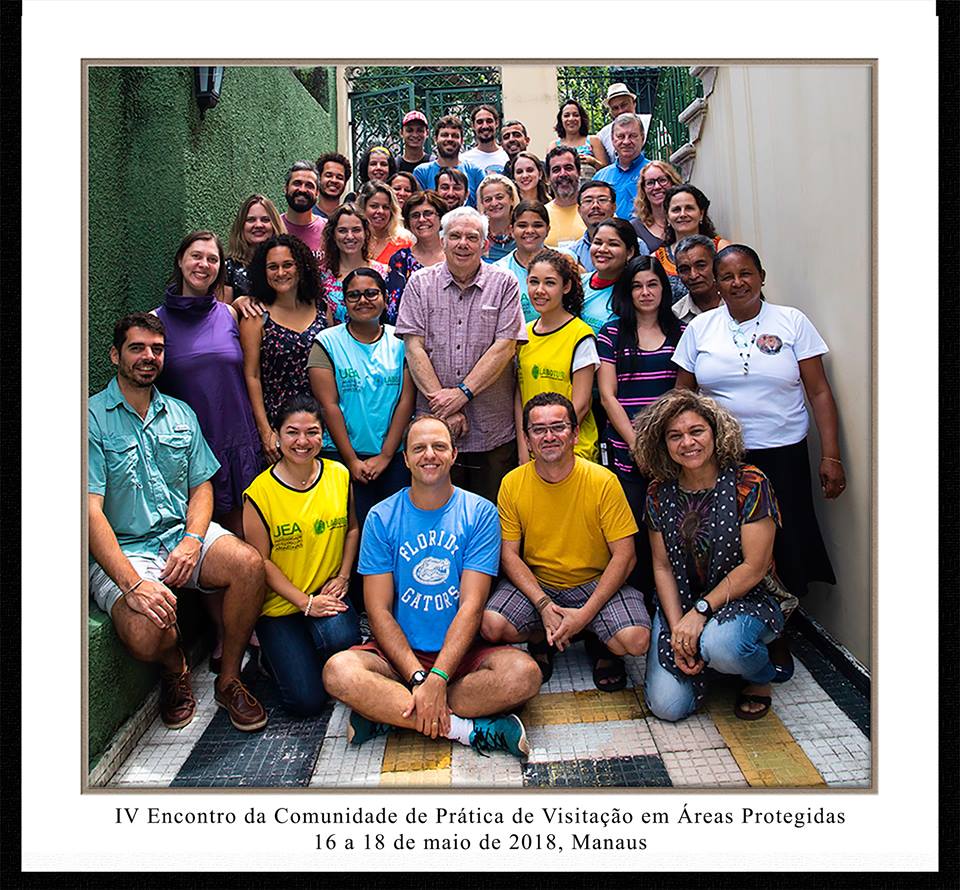Steve McCool
Steve McCool, who retired as professor of Forestry at the University of Montana, collaborated extensively with the Forest Service in the conduct of wilderness research, beginning with his graduate work in 1965. Steve received a B.S in forestry from the University of Idaho in 1965. He received M.S and Ph.D. degrees in Outdoor Recreation from the University of Minnesota, in 1967 and 1970. His dissertation – funded by the Forest Service – was about the attitudes of Boundary Waters Canoe Area visitors regarding various management practices and the degree to which those attitudes were influenced by outfitters. He taught at Wisconsin State University in River Falls and Utah State University before taking a position in the College of Forestry at the University of Montana in 1977. Shortly thereafter, he began cooperative work with Bob Lucas and others at the decade-old Wilderness Management Research Unit in Missoula, Montana. With Bob Lucas, he conducted the first trend study of visitors to the Bob Marshall Wilderness, continuing a long-term collegial relationship with Bob that had begun in Minnesota and beginning a life-long attachment to the landscapes of the Bob. With George Stankey, he explored and wrote about carrying capacity concepts, often challenging accepted beliefs, and studied visitor attitudes about wilderness fire. With David Cole, he organized training sessions and a workshop that retrospectively explored the Limits of Acceptable Change concept, as well as the second wilderness science conference, held in Missoula in 1999.
In 1984, Steve spent a year as Recreation Staff Officer for the Flathead National Forest where—among other things—he facilitated the first application of the Limits of Acceptable Change planning process to the Bob Marshall Complex. This experience further emphasized a career-long interest in meaningful interaction with land managers. It also further sparked his interest in planning frameworks—not just their technical procedures but more importantly their transactive approach—how varied stakeholders get involved in planning. From 1987 to 1993 he served as the first Director of the Institute for Tourism and Recreation Research at the University of Montana. From 1995 to 1999, he served as Coordinator of the Recreation Management Program at the University of Montana. In 2007, Steve officially retired from his teaching position at the University. However, since then he has maintained a busy schedule continuing to work with the University and on consulting projects, particularly in the international arena.
Steve has authored numerous publications, many of which have enriched the wilderness literature. He has written, for example, about the effect of wilderness designation on amount of use, visitor attitudes to wilderness fire, visitor perceptions of campsite impacts and, particularly, about wilderness planning and the inadequacies of the carrying capacity concept. He is coauthor/editor of four books: Tourism, Recreation and Sustainability: Linking Culture and the Environment; Tourism in National Parks: Planning and Management; The Future has Other Plans; and Tourism and Protected Areas in Brazil. Also, he is co-author of the IUCN Guidelines: Sustainable Tourism in Protected Areas: Planning and Management. In 2005, Dr. McCool was recognized by the USDA Forest Service with the “Excellence in Wilderness Stewardship Research” award. The Wild Foundation and editors of the International Journal of Wilderness also recognized him in 2005 for lifetime achievements in wilderness research.
Steve—in his words—“believes that society flourishes when it is connected to and bonded with its heritage, both natural and cultural. That heritage is protected in very special places, such as national parks, monuments, national forests and wildernesses. Those special places are stewarded by people, who often lack the technical capacity to manage the human uses of them, recreation, cultural, spiritual and utilitarian, among others. I work to increase the critical thinking skills of those stewards, as well as their competency in technical management and working with the public and help build their confidence in decision making. I do that by facilitating courses, workshops and seminars, and by working one on one on the challenges and opportunities they face.”


